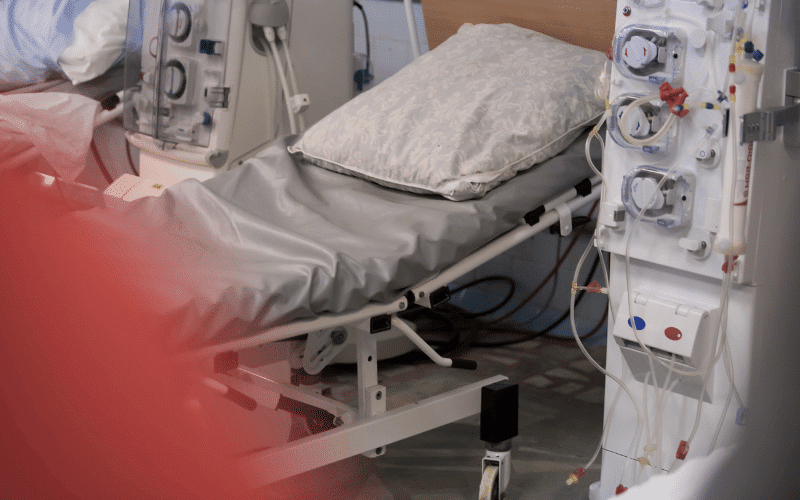Stage 5: End-Stage Renal Disease and Treatment Options

Stage 5 CKD, also known as end-stage renal disease (ESRD), is the final stage of chronic kidney disease. At this stage, the kidneys have lost almost all their ability to function, with a GFR below 15 mL/min/1.73 m². Dialysis or a kidney transplant is necessary to sustain life.
Dialysis is a treatment that helps filter waste and excess fluid from the blood when the kidneys are no longer able to do so. There are two primary types of dialysis: hemodialysis, which uses a machine to filter the blood, and peritoneal dialysis, which uses the lining of the abdomen to filter the blood. Your healthcare team will discuss these options with you and help determine the best choice based on your individual needs and preferences.
A kidney transplant is another treatment option for ESRD. This involves surgically replacing the damaged kidneys with a healthy donor kidney. Transplants can come from living donors or deceased donors, and the waiting time for a kidney can vary depending on availability and compatibility. While a kidney transplant can provide a better quality of life than dialysis, it is not suitable for all patients, and there are potential risks and complications to consider. (5)